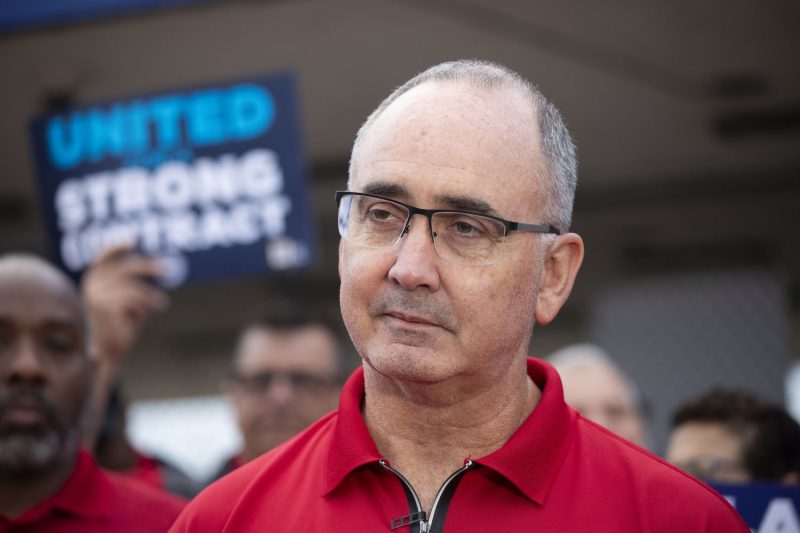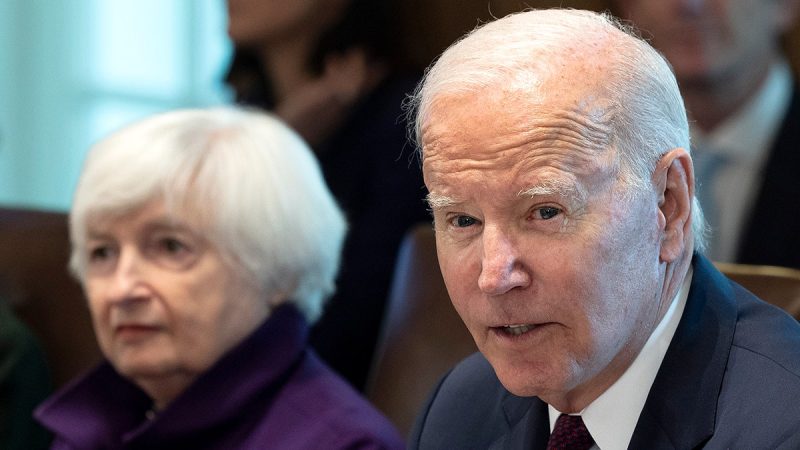May 27, 2024
UAW Takes On Mercedes-Benz in Fight for Union Vote Redo
 The United Auto Workers (UAW) faced a significant setback in their efforts to unionize the Mercedes-Benz plant in Alabama when the recent vote results did not go in their favor. Following the defeat, the UAW raised concerns about the conduct of the election and has requested the National Labor Relations Board (NLRB) to order a new vote.
One of the primary challenges faced by the UAW in this election was the strong anti-union campaign mounted by Mercedes-Benz and various anti-union groups. The company reportedly held mandatory anti-union meetings, distributed anti-union literature, and even displayed anti-union messages in the plant. These tactics likely influenced the opinions of some workers and swayed the outcome of the vote.
Another issue that arose during the election was the alleged interference by third-party organizations in the form of robo-calls and targeted messaging. These external influences could have further muddied the waters and led to confusion among the workers, potentially affecting the outcome of the election.
Additionally, the UAW has raised concerns about the conduct of the election itself, citing instances of intimidation and coercion by Mercedes-Benz management. They claim that supervisors engaged in unfair labor practices by threatening workers with job loss or other disciplinary actions if they voted in favor of unionization. Such tactics are not only unethical but also illegal under federal labor laws.
In light of these challenges and allegations, the UAW has taken the necessary step to request a new election from the NLRB. They argue that the integrity of the initial vote was compromised by the various external factors and management interference, and therefore a fair and unbiased election is warranted.
The NLRB will now review the UAW's request and assess the evidence presented to determine whether a new election is justified. If granted, the UAW will have another opportunity to engage with the workers at the Mercedes-Benz plant and make their case for unionization without the cloud of alleged misconduct hanging over the process.
Overall, the challenges faced by the UAW in the Mercedes-Benz union vote highlight the complex and contentious nature of labor relations in the modern workplace. The outcome of this case will not only impact the workers at the Alabama plant but also set a precedent for future unionization efforts in the automotive industry and beyond.
The United Auto Workers (UAW) faced a significant setback in their efforts to unionize the Mercedes-Benz plant in Alabama when the recent vote results did not go in their favor. Following the defeat, the UAW raised concerns about the conduct of the election and has requested the National Labor Relations Board (NLRB) to order a new vote.
One of the primary challenges faced by the UAW in this election was the strong anti-union campaign mounted by Mercedes-Benz and various anti-union groups. The company reportedly held mandatory anti-union meetings, distributed anti-union literature, and even displayed anti-union messages in the plant. These tactics likely influenced the opinions of some workers and swayed the outcome of the vote.
Another issue that arose during the election was the alleged interference by third-party organizations in the form of robo-calls and targeted messaging. These external influences could have further muddied the waters and led to confusion among the workers, potentially affecting the outcome of the election.
Additionally, the UAW has raised concerns about the conduct of the election itself, citing instances of intimidation and coercion by Mercedes-Benz management. They claim that supervisors engaged in unfair labor practices by threatening workers with job loss or other disciplinary actions if they voted in favor of unionization. Such tactics are not only unethical but also illegal under federal labor laws.
In light of these challenges and allegations, the UAW has taken the necessary step to request a new election from the NLRB. They argue that the integrity of the initial vote was compromised by the various external factors and management interference, and therefore a fair and unbiased election is warranted.
The NLRB will now review the UAW's request and assess the evidence presented to determine whether a new election is justified. If granted, the UAW will have another opportunity to engage with the workers at the Mercedes-Benz plant and make their case for unionization without the cloud of alleged misconduct hanging over the process.
Overall, the challenges faced by the UAW in the Mercedes-Benz union vote highlight the complex and contentious nature of labor relations in the modern workplace. The outcome of this case will not only impact the workers at the Alabama plant but also set a precedent for future unionization efforts in the automotive industry and beyond.
If you would like to delve into the world of investment topics , go to our partner project Wall Street Wizardry


